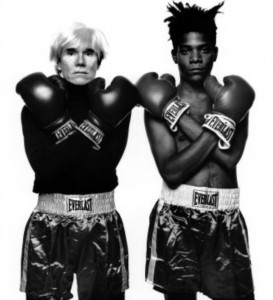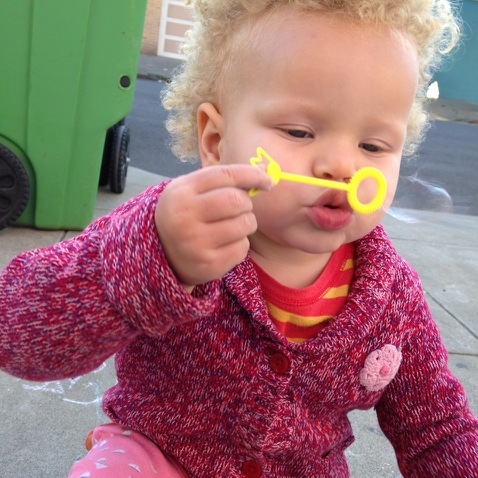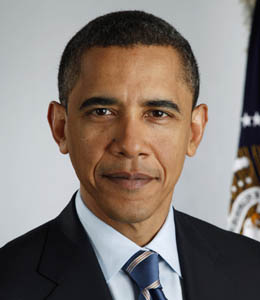
“I cannot repress the thought, that after all I have chosen the lesser part, that I have sold my birthright for a mess of pottage.”–James Weldon Johnson, The Autobiography of an Ex-Colored Man
It’s been over a century since the publication of James Weldon Johnson’s novel in which a bi-racial man passes for white in post-Reconstruction America. He shares first his experience of living as a black youth, then as a young man who passes for white in order to become successful and avoid persecution. He goes from a continual sense of doom and danger to a life of safety and security.
James Weldon Johnson lived during a time when it was perhaps understandable why someone would want to shed one’s skin, so to speak, and be done with social ostracism or culturally sanctioned murder.
Just when it seems as though things and times have changed—along comes Trayvon Martin. And Michael Brown. And John Crawford. And a list way too long, with statistics way too skewed against black males in America’s prison industrial complex.
The novel’s lead character, Ex-Colored Man, passes as white. One wonders why anyone wouldn’t still want to do the same thing, if possible, to secure a fat slice of the American, upper-crust pie. Well, no self-respecting bi-racial person, or at least not a socially conscious one, would do that today. (Right?) Still, perhaps she’s found herself in situations where she’s assumed to be a certain race and has to act accordingly.
What has this looked like for me? What does it mean for a mixed-race black and white person to experience blackness, whiteness, and something outside of either?
My father was told not to marry my mother because she was Jamaican. (We know how that turned out.) Once he went ahead with it, he was told to not have kids. (Ditto.) As a young girl, I experienced racism within my own extended family. I was never expected to do well, never encouraged to even speak at social gatherings, and always assumed to be, in the words of one of my aunts, “dumb.” As I got older, I learned what it’s like to be invisible in groups of mostly white people (especially in upstate New York). I’ve gotten side eye, up and down eye, glare eye, and annoyed face. In college, I started understanding and returning “the nod” when walking by a black person, as if I was part of a secret club.
I was also the first in my family (and I believe hometown) to go to a prestigious college. I’ve always—knock on wood—had good job karma, usually landing positions after one or two interviews, if I’ve even had to interview. I grew up being ridiculed for loving The Beatles. I’ve been told, “Oh, I thought you were white.” I’ve heard the N-word uttered, with no black people in sight, when no one thought I would care. I was often told as a child that I had “good hair.” I’ve gone to clubs with black friends who were turned away at the door after I was told I could go in (followed by me yelling at door guy, my own “annoyed face”, and leaving in a huff).
I’ve experienced both racism and privilege. Is this what it feels to be black and/or white? Is this the mixed-race experience?
Mixed-race, as it turns out, is a whole different beast, an alternate reality that takes elements of both white and black, and everything between, outside, and around. The puzzled looks of people trying to figure out what I am. The conversations with other mixed-race people that can only happen after such incidents as a recent trip to the grocery store. An older white man came very close to my mixed-race toddler, exclaimed, “The hair!”, and tried to give her a high five. She cowered and I interrupted with, “Hello, strange man, I don’t think she likes that.”
The mixed-race woman in the next aisle saw the whole thing. Thus came the post-game commentary: eye rolling accompanied by a discussion of how annoying it is when that happens. She told me that it wasn’t until she was 25 until she realized she had “good hair.” On the one hand I thought, great, maybe all the comments my daughter gets about her hair or indeterminate race won’t affect her all that much and she won’t even think about them until she’s older. On the other hand, I thought, wait, this woman spent two decades of her life thinking she had awful hair? Is this what it means to be mixed race—existing in a no man’s land created by society’s need to peg someone definitively as something, until such time that the someone finds her own sense of pride, identity, and self-respect? And what forms of suffering happen until then?
Ours is not a tragic mulatto!
Like any identity, mixed-race is a culmination of life experience, some good, some bad, and some uncertain. It’s refusing James Weldon Johnson’s “mess of pottage.” It’s taking the best of two worlds, processing the rest, and offering a unique perspective that can only come from seeing the larger world in different ways.
On a train in Italy back in the late 1980s, three Canadian guys mistook me for German, talking about me openly behind my back and not realizing we spoke the same language. My Italian friend said something to me and blew my cover. Being racially ambiguous has its more entertaining moments.



